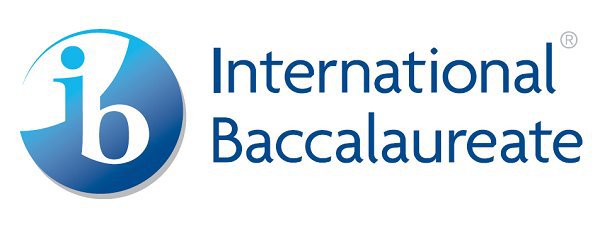
The International Baccalaureate (IB) programme is a comprehensive and rigorous two-year curriculum, leading to examinations, for students aged between sixteen and nineteen. Based on the pattern of no single country, it is a deliberate compromise between the specialization required in some national systems and the breadth preferred in others. The general objectives of the IB are to provide students with a balanced education; to facilitate geographic and cultural mobility; and to promote international understanding through a shared academic experience. Since its founding, the IB Diploma has become a symbol of academic integrity and intellectual promise. The student who satisfies its demands demonstrates a strong commitment to learning, both in terms of the mastery of subject content and in the development of the skills and discipline necessary for success in a competitive world.
SUBJECT GROUPS
The IB curriculum consists of six subject groups:
- Language A1: (best language) including the study of selections from World literature.
- Language A2: literature and language course for speakers with a high level of competence in target language or Language B: foreign language learning programme for students with previous experience of learning the language or Language ab initio: foreign language learning programme for beginners.
- Individual and Societies: History, Geography, Economics, Philosophy, Psychology, Social Anthropology, Business and Organisation, Information Technology in a Global Society.
- Experimental Sciences: Biology, Chemistry, Applied Chemistry, Physics, Environmental Systems, Design Technology.
- Mathematics: Mathematics, Mathematical Methods, Mathematical Studies, Advanced Mathematics (Sl.)
- Electives: Art/Design, Music, Theatre Arts, Latin, Classical Greek, Computer Science a second subject from Individuals and Societies or Experimental Sciences group, a third modern language, Information Technology in a Global Society, the Advanced Mathematics (SL), or a School based Syllabus approved by the IBO.
ELIGIBILITY
- To be eligible for the award of the Diploma, candidates are required to offer one subject from each of the groups.
- At least three and not more than four of the six subjects are taken at the Higher level (minimum 240 teaching hours), the others at Subsidiary level (minimum 150 teaching hours).
- Each examined subject is graded on a scale of 1 (minimum) to 7 (maximum).
- The award of the Diploma requires a minimum total of 24 points and the absence of certain disqualifying conditions explained in detail separately.
- The Diploma candidate must meet three additional requirements:
- Submission of an Extended Essay ;
- Satisfactory completion of a course entitled Theory of Knowledge (TOK) ;
- Compulsory participation in the extracurricular CAS programme (Creativity, Action, Service).
All students are encouraged to engage in the full Diploma programme. Those who fail to satisfy all requirements, or who elect to take fewer than six subjects, are awarded a Certificate for the examinations completed. Diploma candidates wishing to offer more than six subjects receive an additional Certificate for the extra subjects (s).
The Organization is based in Geneva, Switzerland, with administrative office in New York, Buenos Aires and Singapore. The Examinations Office, located in the United Kingdom, oversees- two examination sessions per year. The May session serves the large majority of candidates; schools in the Southern Hemisphere subscribe to the smaller November session. Over 2000 individual examiners worldwide participate in the assessment of student work. The three working languages of the 18 are English, French, Spanish and Mandarin.
READING THE IB TRANSCRIPT
The grading scheme in use for the IB examinations is as follows:
- Very poor
- Poor
- Mediocre
- Satisfactory
- Good
- Very good
- Excellent



















